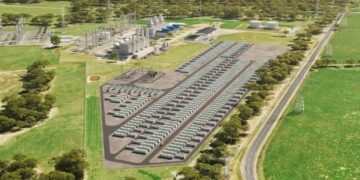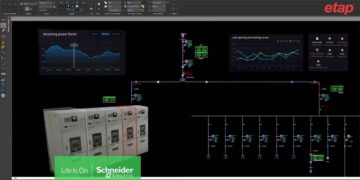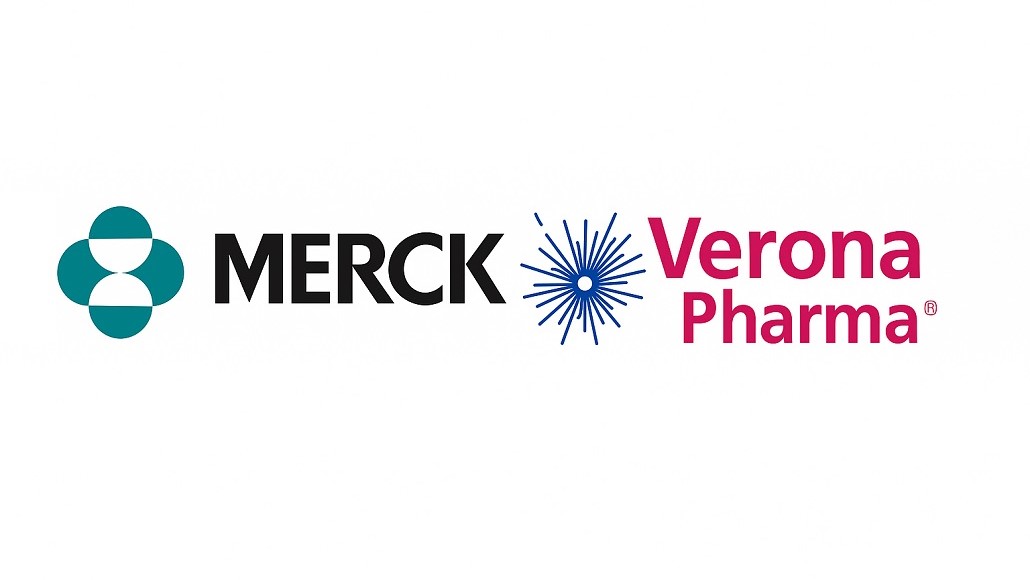Merck to acquire Verona Pharma, a UK-based pharmaceutical company in a $10 billion acquisition, adding the promising respiratory drug Ohtuvayre into its pipeline as it continues making moves ahead of the eventual loss of patent protection on its biggest cancer seller Keytruda. The deal, which is expected to close in Q4 2025, is Merck’s largest M&A move since its $10.8 billion acquisition of Prometheus Biosciences in 2023 and is another indication that the firm continues to be eager to remake its post-Keytruda future.
Under terms of the agreement, Merck will pay $107 per Verona American Depositary Share, or ADS, a 23% premium to the company’s previous Nasdaq close. The deal was approved by the boards of both companies unanimously and would be a UK-law scheme of arrangement. Verona will owe a break-up fee of $100 million to Merck if it is terminated under specific circumstances. U.S. regulatory review under the Hart-Scott-Rodino Act and UK courts and shareholders of Verona approval are still pending.
The strategic rationale centers around Verona’s flagship product, Ohtuvayre (ensifentrine), a newly approved treatment for chronic obstructive pulmonary disease (COPD), often referred to as “smoker’s lung.” The drug, through its combination of bronchodilation and anti-inflammatory activity through selective inhibition of phosphodiesterase 3 and 4 (PDE3/PDE4), represents the first novel inhaled COPD therapy approved by the FDA in over two decades. Ohtuvayre generated $42.3 million in first-half sales in 2024 and is predicted by analysts to become an annual revenue force of over $3 billion by the mid-2030s, making it a potential blockbuster.
Merck CEO Rob Davis emphasized the acquisition’s strategic fit during the company’s announcement, calling Ohtuvayre “a multibillion-dollar opportunity that will fuel growth well into the next decade.” He reiterated that Merck is “urgently assessing additional value-creating opportunities” and is open to further acquisitions in the $1 billion to $15 billion range—and potentially beyond. Notably, Davis mentioned that this is just the beginning of Merck’s 2025 M&A push, and industry chatter suggests multiple targets may already be under consideration.
Among rumored prospects is MoonLake Immunotherapeutics (MLTX), a Swiss biotech focused on inflammatory diseases. According to the Financial Times, Merck submitted a nonbinding offer exceeding $3 billion earlier this year, which was initially rejected but could be revived. MoonLake’s lead drug, sonelokimab, is in late-stage trials for hidradenitis suppurativa and psoriatic arthritis, two chronic inflammatory conditions with multi-billion-dollar potential. The company is said to be advised by Goldman Sachs and Morgan Stanley, MS, and it may attract additional suitors.
Another frequently cited candidate is Exelixis (EXEL), a U.S. oncology company with an impressive pipeline and commercial offerings in renal cell carcinoma. Exelixis may be a target as Merck seeks to keep its oncology leadership even after Keytruda’s decline, according to recent industry speculation, even though Merck has not confirmed discussions.
Merck to acquire Verona Pharma deal is well within the recent trend of bolt-on acquisitions by Merck into cardio-pulmonary and immunological therapies. In 2021, it bought Acceleron Pharma for $11.5 billion, to get access to Winrevair, a late-stage pulmonary arterial hypertension treatment. In 2023, Prometheus Biosciences added inflammation and immunology assets, further broadening the company’s therapeutic portfolio.
Market reaction to the Verona news was positive. Verona shares surged more than 20% in premarket trading, as Merck shares rose slightly, reflecting investor support for the deal. Analysts at BMO Capital praised the move as a smart complement to Merck’s growing respiratory franchise. However, some noted that the real challenge remains securing a smooth revenue bridge beyond 2028, when Keytruda’s patent begins to expire in key markets.
Analysts were quick to note that Verona ticks several boxes investors now expect in large-cap pharma M&A: a near-commercial or newly commercial asset, strong data backing, and a scalable revenue opportunity that slots into existing commercial channels. Importantly, Ohtuvayre’s first-in-class mechanism and long runway for exclusivity make it a highly defensible asset.
The transaction mirrors larger industry trends as big-pharma companies seek to bolster pipelines in the face of patent cliffs and pricing headwinds. As valuations on late-stage biotechs remain comparatively compelling, Merck’s voracity for M&A seems unwavering—and possibly spreading. Other major pharma players such as Pfizer may feel pressure to respond in kind.


































